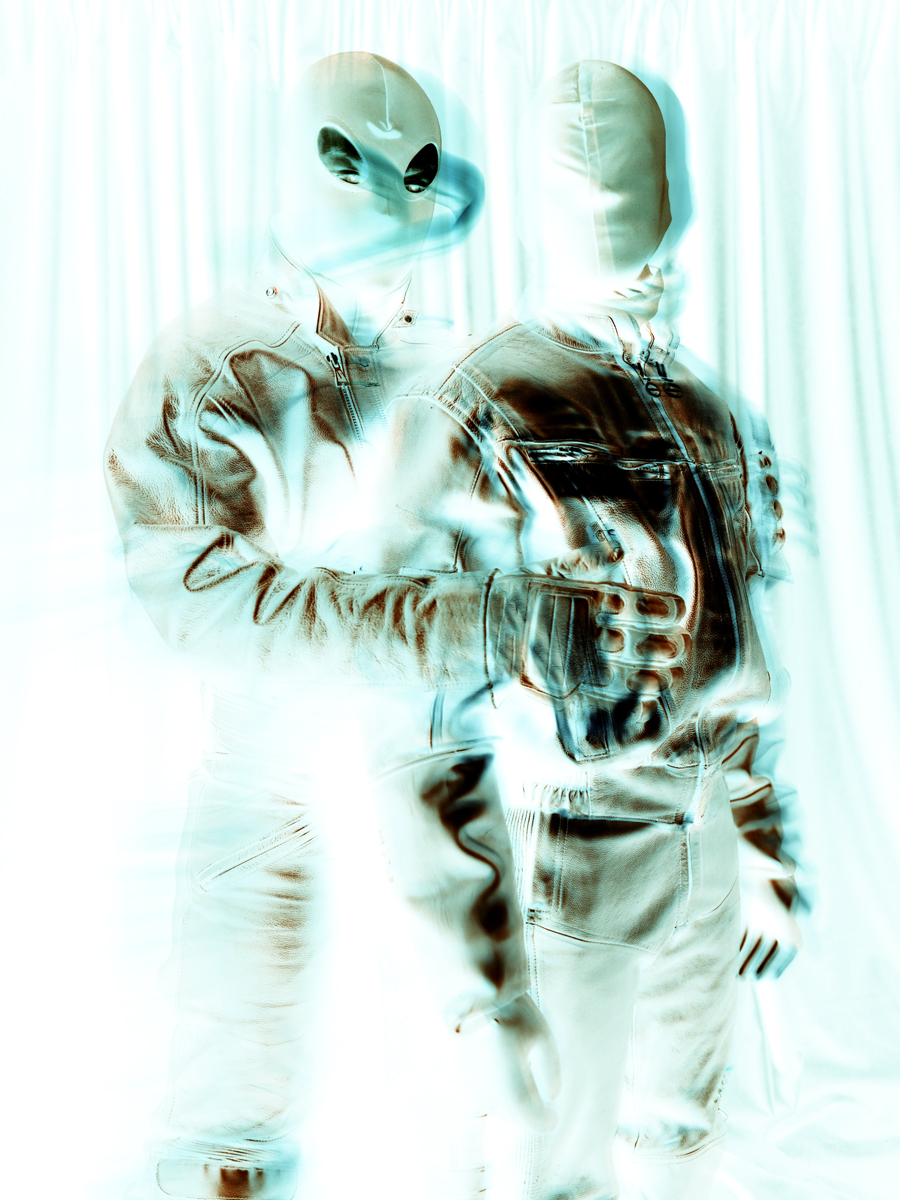
“I draw ideas from everything I see around me. Many times the trigger is emotional and instinctive.” In this interview, meet Vassilis Triantis, nominated for Futures by Photo Romania Festival in 2020.
Vassilis Triantis (b. 1975) is a Greek photographer based in Amsterdam. He comes from a scientific background and after completing a doctorate in medical biology, he turned to photography which he now combines alongside his career in medical research.
His practice explores themes of isolation and identity, the juxtaposition of collective and individual, communication versus segregation. By using small narratives he wants to shed light on ways we affect and are affected by artificial social and physical environments.
Below, he talked to us about his inspirations and carrer:

Can you tell us a little bit about your inspirations? Which themes do you often work with?
I draw ideas from everything I see around me. Many times the trigger is emotional and instinctive. An image that I will see and photograph suddenly takes life of its own and manifests itself into a series. Most of my projects started from questions that popped in my mind in the spur of the moment. Initial sparks are very instinctive, while building projects from there is a more constructive process that demands research and filtration of the primary motives.
My scientific background informs a lot my photography. My practice is examining the interface between science and society, the invisible microcosmos and its analogies to social and behavioural systems but also personal memories and experiences.
How do you see your relationship with the medium? How do you use photography to express your art?
Photography is all about symbolisms and associations. An image is almost never a stand alone, but always in conversation and in context with other images around it. Photographing is like writing a novel. Every image is a word and depending on where you place it in a sequence you build different sentences and narratives. There are always hidden layers in every image and I want the viewer to start looking under those layers using their own experiences and interpretations, even if they will never arrive at the same point of reference that I started from.
For me, photographs are culminations of internal processes of either logical or emotional extrapolation. When I photograph, I document, I protest, I verbalise, I respond, I discuss and I argue.


Do you have any ongoing (or more recent) project that you would like to share with us?
I have been working for the past four years on a long term project in the USA, drawing analogies between particle physics and the impact of small, almost invisible, communities on social and political dynamics. It is shot in South Dakota and Iowa and it is in collaboration with the FERMI lab in Chicago and the Sanford Underground Research Facility in South Dakota.
In addition, I recently started working on a more personal project around notions and norms of beauty, ageing and the masculine narrative within the homosexual community. This narrative has been targeting women for ages and now it is infiltrating more and more the gay community as well. The project is more autobiographical and it documents change on my own body against that backdrop of norms and expectations. It is a way to confront change and accept it as a natural procedure that happens all around us instead of keeping it at bay or denying it.

Last year was challenging in many different ways. How do you see this moment for your career? What has changed in your practice?
I think the way we deal with art in general has changed. Until the time we will be able to regain physical contact, our interaction remains online and that has a big impact on what, how and why we photograph. Experiencing photography and discussions around photography have moved mostly to digital platforms. That has put constraints on the tangible character of photography. Viewing exhibitions, creating new bodies of work had to be reshaped. I think the learnings from this whole situation will not allow us to move back to what we had before. Which is not necessarily a bad thing altogether. Since many festivals moved online, we had the opportunity to view more than before. Portfolio reviews and discussions became more accessible online. I think many of those aspects are here to stay and can give a new boost to artists, curators and audiences altogether. We were forced to find new creative ways to expand and we should use those. However, all this should be in balance and should augment the physical experience of photographing and enjoying photography rather than replace it.
Can you share with us some of your plans for the future? Do you have any new project in mind?
There is a planned exhibition in Amsterdam for the project “1 1/2 Life” that I created during the first phase of the pandemic. Hopefully it will be realised once the measures allow exhibitions again. At the same time, I am working on a book for the project “Roses Grew On Snow” that will be exhibited in the National Museum of Iceland in January 2022 as part of the Icelandic Photography Festival. Apart from that, I will be working on the two projects I mentioned before and hopefully go back to the USA in summer to continue photographing there for a longer period.









.jpg)


%2520Unseen-campaign-2024-square-forweb.jpeg)


.avif)



.avif)

























.jpeg)





























.jpeg)



















.avif)






























































%252C%25202015.jpeg)

































